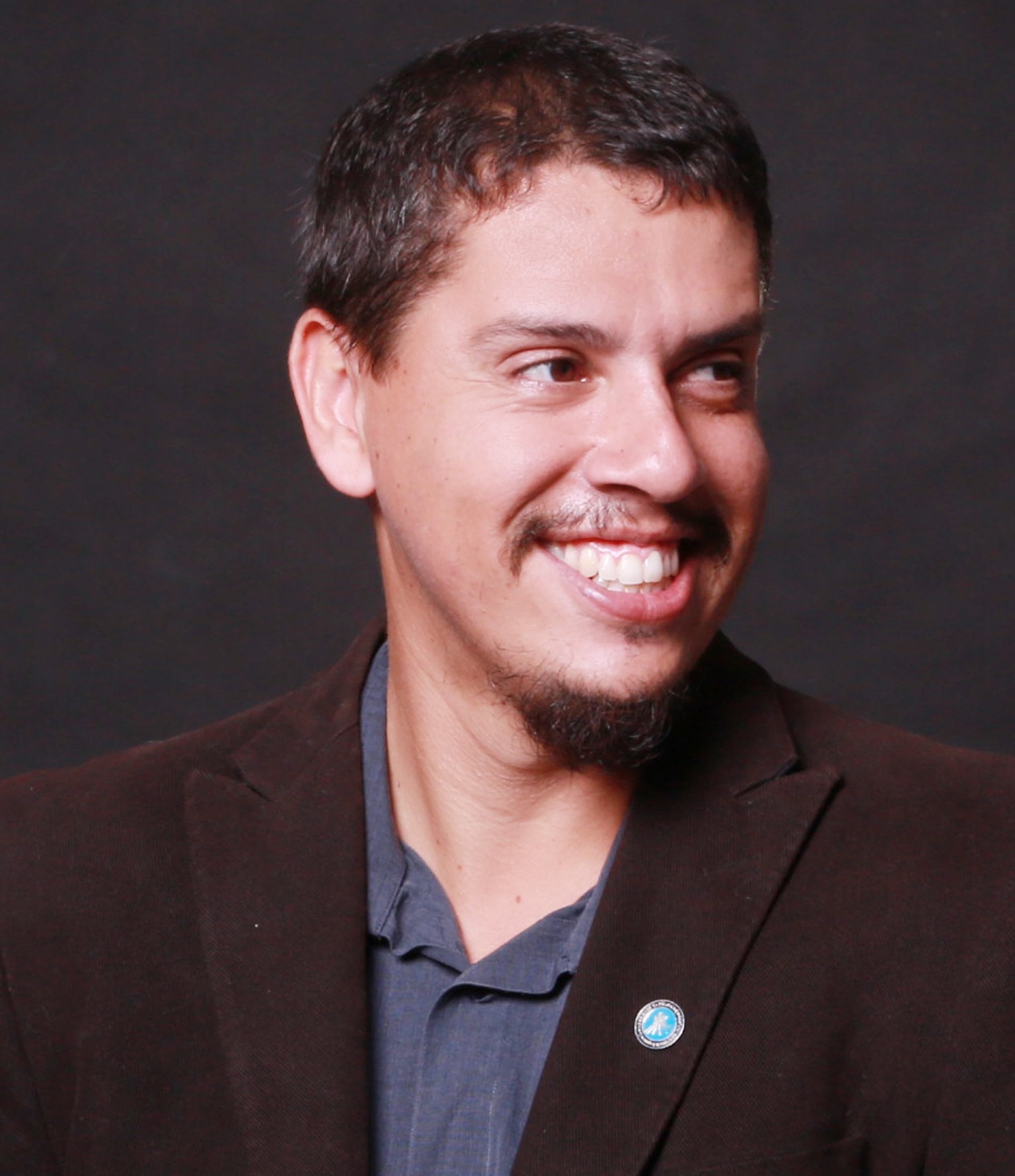
In silico optimization of antimicrobial peptide enables combinatorial exploration for novel compounds with anti-infectious activities
Prof. Octavio Luiz Franco
Centro de Análises Proteômicas e Bioquímicas,
Universidade Católica Dom Bosco, Campo Grande, MS, Brazil
Wednesday January 22nd
14:15 - 15:00, MH Aud 1
Antimicrobial peptides (AMPs) have attracted considerable attention because of their multiple and complex mechanisms of action toward resistant bacteria. However, reports have increasingly highlighted how bacteria can escape AMP administration. Here, the molecular mechanisms involved in Escherichia coli resistance to antibiotics were investigated through comparative transcriptomics. Furthermore, we also describe the use of a genetic algorithm to design synthetic AMPs derived from plant (Pg-AMP1) a glycine-rich peptide previously isolated from guava seeds and sea animals (clavanins). This approach yielded both peptides classes that possess an unusually high proportion of arginines and use tyrosine residues as hydrophobic counterparts. Guavanin 2 emerged as a prototype AMP, among fifteen guavanin analogues screened for their activity against an engineered luminescent strain of Pseudomonas aeruginosa. Similarly, clavanin-MO was also selected. Both peptides were further characterized in terms of structure, activity and biotechnological potential. These novel peptides were unstructured in water and underwent a coil-to helix transition in hydrophobic environments. This conformation was corroborated by NMR analysis in dodecylphosphocholine micelles, which revealed an α-helical structure. Guavanin 2 and clavanin-MO caused a bactericidal effect at low micromolar concentrations to several resistant bacteria, causing membrane disruption, without triggering depolarization but rather hyperpolarization. In summary the present work presents a computational approach to explore natural products for the design of short and potent peptide antibiotics that could be used against resistant bacteria.